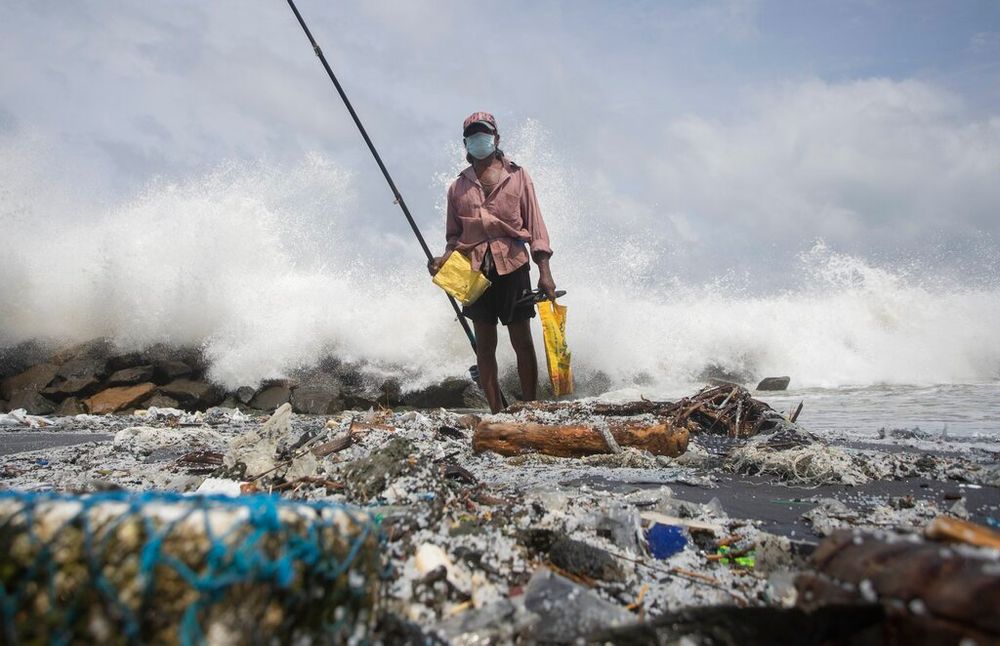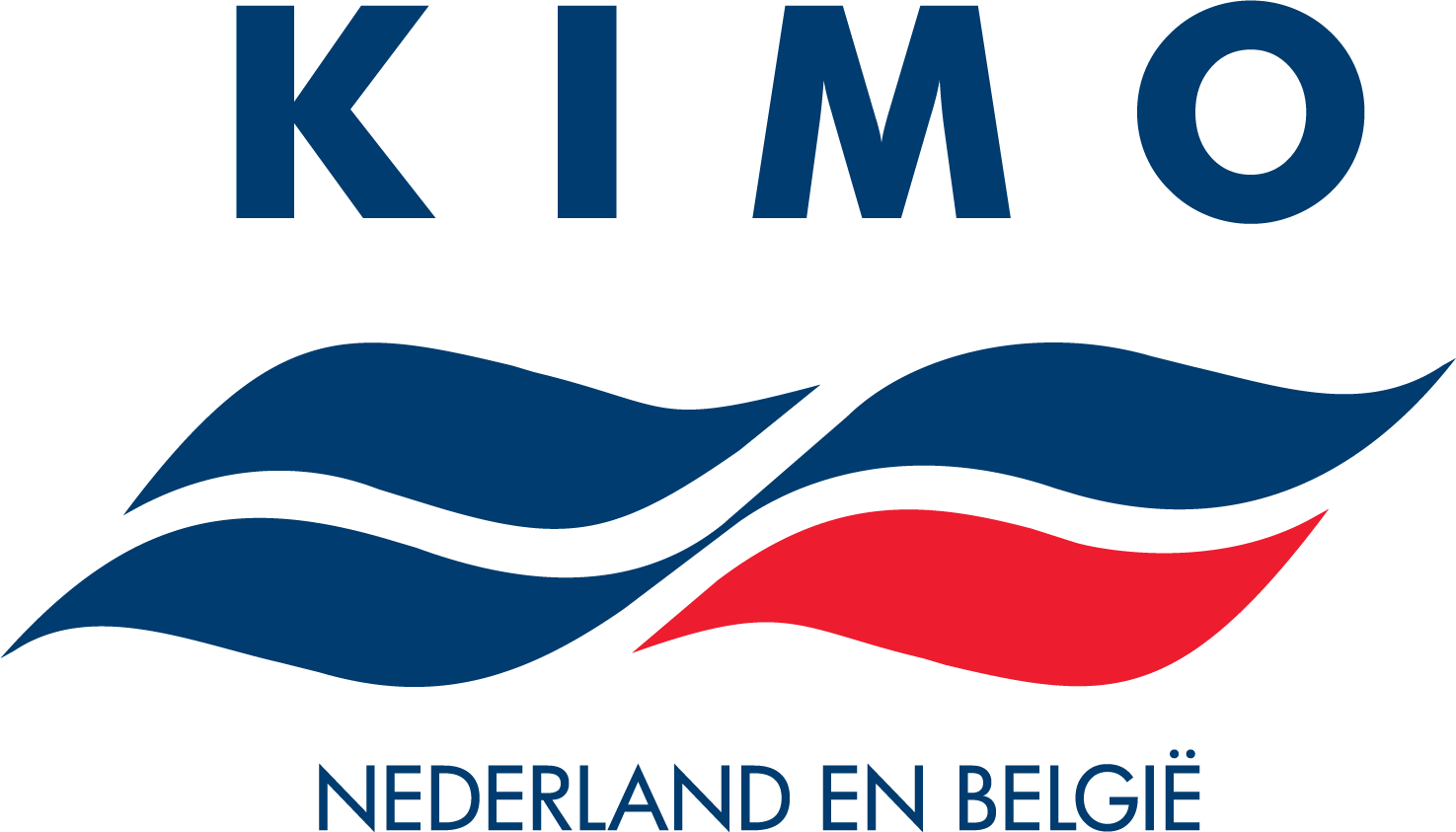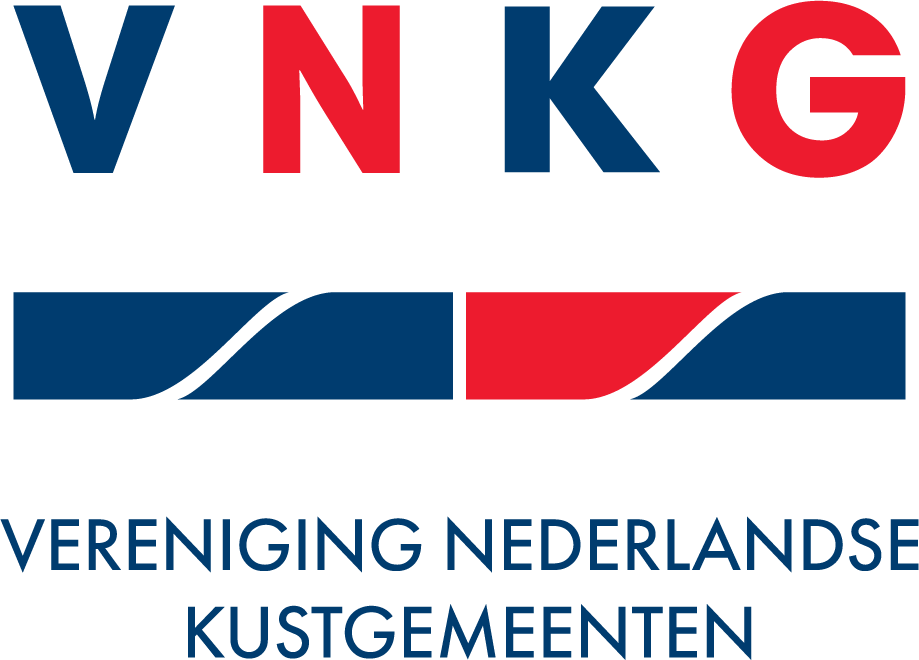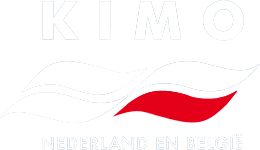Acute Plastic Pollution is the result of the sudden, unintended release of large numbers of plastic pellets (or ‘nurdles’) into the environment and poses a serious threat to our seas and marine wildlife. Despite that around 230,000 tonnes are spilled each year, there are currently no legal frameworks that address this nor any coordinated transboundary response.
There are many recent examples of disastrous, large-scale plastic pellet spills. The largest spill to date occurred in 2021 off the coast of Sri Lanka resulting in 1,680 tonnes of nurdles being released into the ocean killing marine life and blighting the environment for decades to come. Another plastic pellet spill which directly affected KIMO’s member municipalities occurred on 23rd February 2020. The MV Trans Carrier lost more than 10 tonnes of plastic pellets in the German Bight when the cargo on board moved during a storm, damaging one of the containers, which broke open. Beaches and coastlines of KIMO International member municipalities in Norway, Sweden and Denmark were polluted . Large quantities of plastic pellets washed up along the Oslofjord, from Kristiansand on the west side of the fjord to the islands of Hvaler on the east side. KIMO members Sotenäs, Öckerö and Göteborg (Sweden), Holstebro and Thisted (Denmark), and Arendal (Norway) were all affected.

Collecting and removing spilt plastic pellets is challenging. While clean-up activities are extremely valuable, the prevention of further inputs of plastics into our seas – ‘turning off the tap’ – is vastly preferable if we are to mitigate the effects of plastic pollution to a point where it does not harm the marine environment.
KIMO’s latest report was commissioned by the Nordic Council of Ministers and is part of a Nordic project on acute plastic pollution, which will contribute to sharing of experience and information between the Nordic countries and identification of opportunities for further cooperation and collaboration. It provides a detailed assessment of acute plastic pollution, focusing on relevant situations affecting Nordic countries. The report is available online.
Recommendations in the report include:
• adoption of an internationally accepted definition for acute plastic pollution;
• reclassification of pellets as hazardous substances so that they are covered by stricter regulations for transportation;
• revision of existing technical and legal regulations for container ships regarding storage and loading
• incorporation of APP in a legal framework with concrete actions for preparedness and a standardized disaster response protocol for acute plastic pollution incidents;
• strengthening of efforts to change behaviour in the plastics industry and encourage strong commitment to the Operation Clean Sweep program.
Following the publication of the report, the European Commission proposed for the first time measures to prevent microplastic pollution from the unintentional release of plastic pellets. The proposal will now be discussed by the European Parliament and the Council. We trust and hope that the recommendations from this report will serve to inform policy on this important issue at all levels of governance.
Header image: ‘Sarukkuwa’ Beach, nine nautical miles from the X-Press Pearl disaster. Image credit: National Armed Forces and the Marine Environmental Protection Authority (MEPA)



